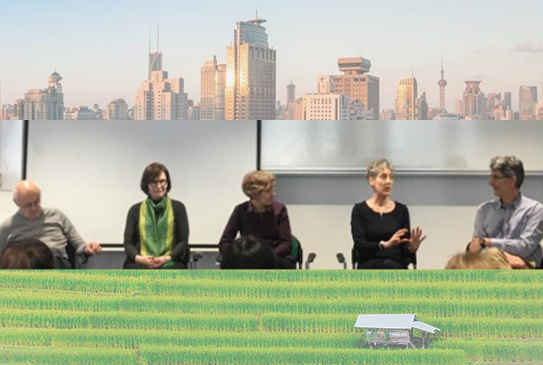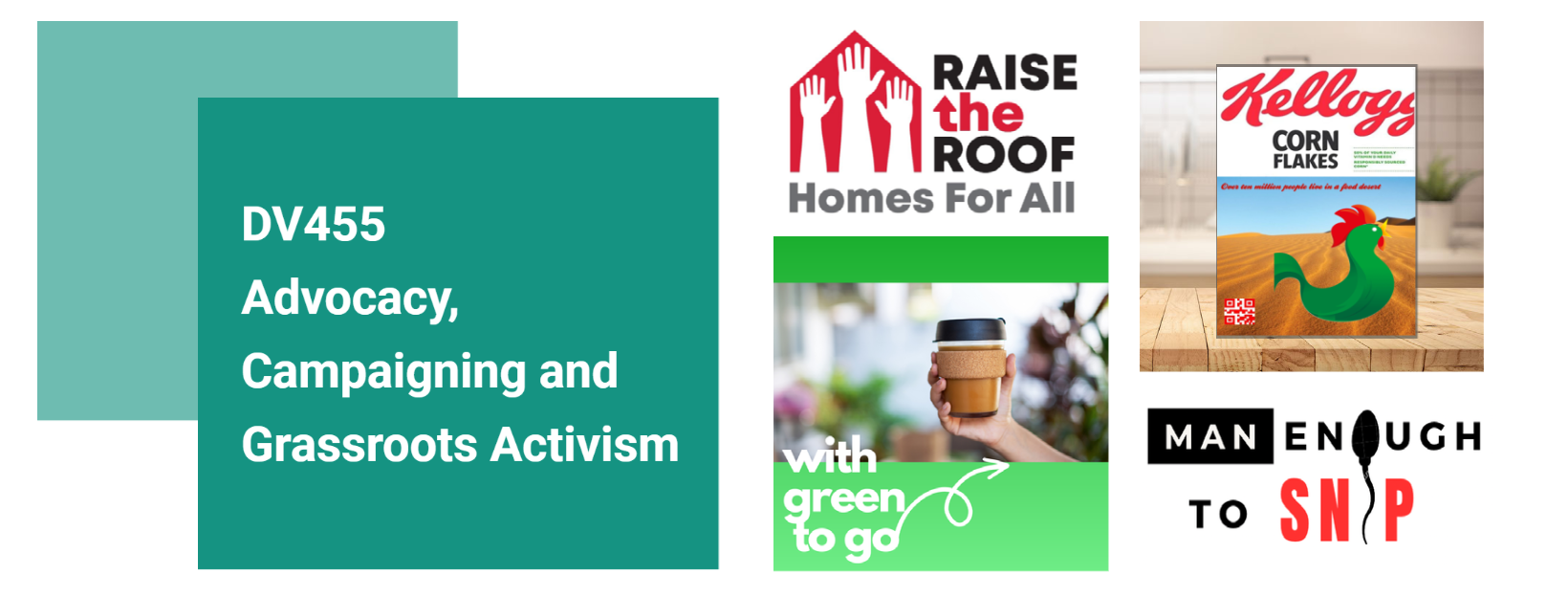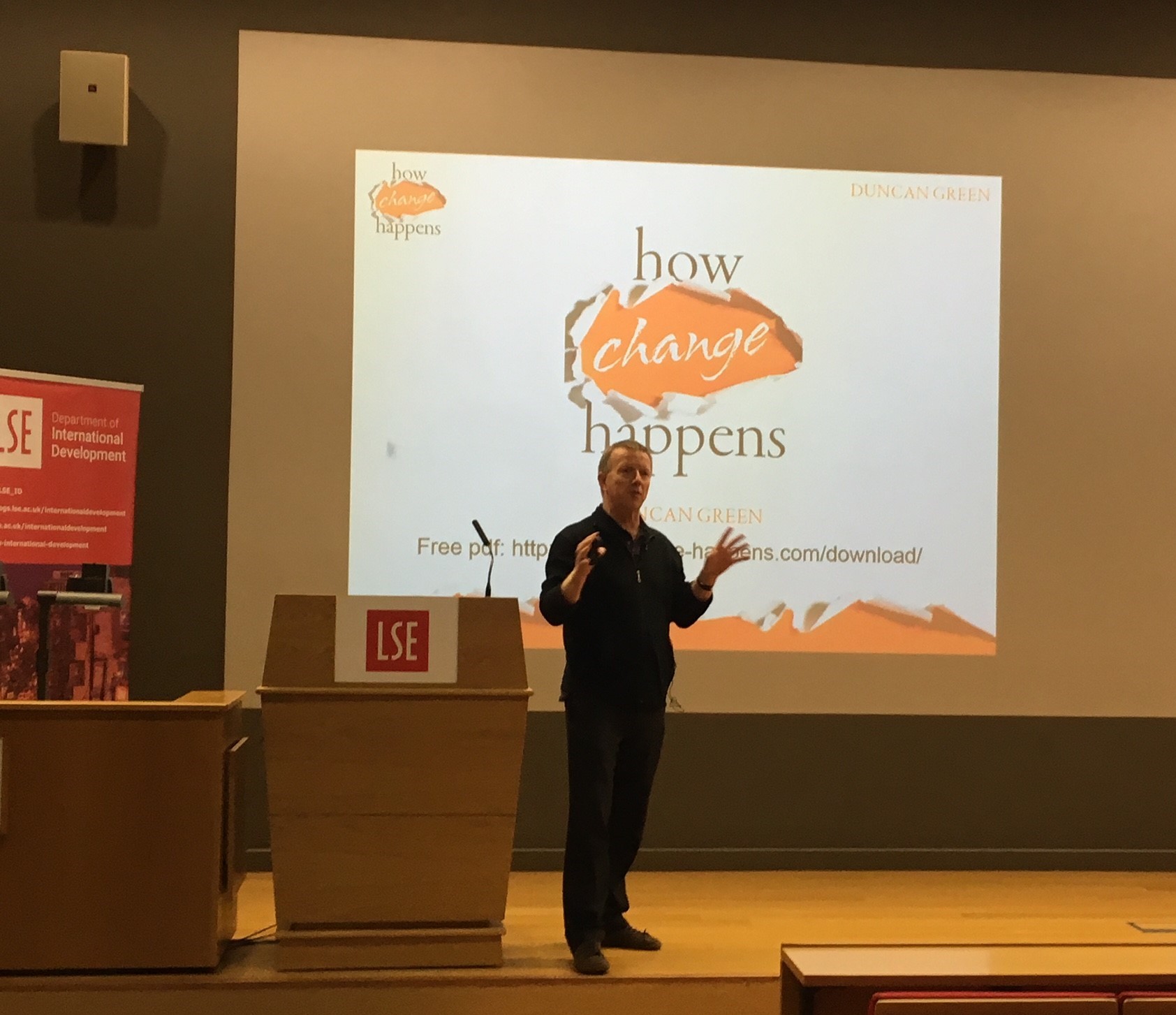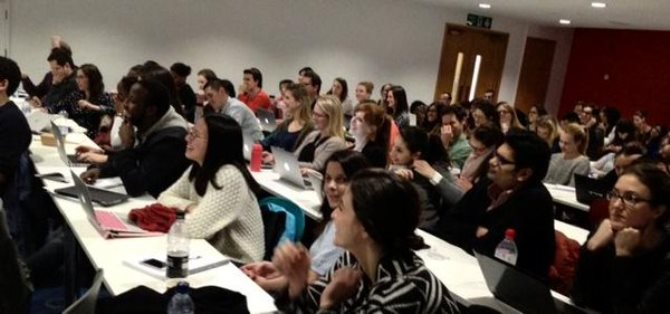Next in line of our new introductory videos is the MSc International Development and Humanitarian Emergencies.
Are you a past or present MSc IDHE student? Have you enjoyed the course? Would you recommend it to interested students? Let us know by leaving a comment below!
About the MSc International Development & Humanitarian Emergencies
This course, unlike the other master’s degrees, has an emphasis on emergencies. We look at development issues but we also look at rapid-onset natural disasters and complex emergencies as well.
We tend to have a qualitative rather than quantitative approach to study, and we also have an emphasis, in the same way that Development Management does, on a consultancy project.
We provide you with a thorough grounding in international development issues through Key Issues in Development Studies (DV442), and we also invite you to do DV443, which has two parts – one of which is a taught course on Managing Humanitarianism, and the second half module as part of that course is a consultancy project.
The taught component takes place in the Michaelmas term, and we look at a range of social and political issues related to natural disasters and complex emergencies. We look at the nature and politics of international intervention; we look at a critique and the professionalization of humanitarian assistance; we look at different conceptualisations of humanitarianism; and we also look at a range of disaster case studies: Haiti, the tsunami, the East African famine of 2011, the Kosovo military intervention, and the Pakistan floods and earthquake.
In the humanitarian or development consultancy project, we get you to work in teams of five, and you’ll work on a live current policy issue given to us by one of our clients. Past clients have included the Department for International Development (DfID), UN High Commissioner for Refugees (UNHCR), the UN Children’s Emergency Fund, the Disasters Emergency Committee, the International Committee of the Red Cross, MSF, and even NATO.
Admissions Criteria for the Programme
Really, there are three broad types of student background. The first is students direct from undergraduate study, and they come from a range of backgrounds – quantitative, qualitative, politics, economics, sociology, and even science and engineering in some cases.
We also have later entry students. The first of this group are often former humanitarian or development workers that are looking for professional development. And they’ll come in after four or five years or longer in the field looking for something to help them reflect on their experiences and to improve their chances of more senior posts.
And we also have late entry students that come in either because they’re changing careers or because they suddenly fancied doing something really interesting in terms of postgraduate study and they see this as an opportunity to broaden their horizons and do something which is really, really engaging.
Career Opportunities for MSc IDHE Graduates
An LSE master’s degree is a wonderful thing in and of itself, but we have a lot of students that use it to gain access to the International Committee of the Red Cross, the Department for International Development (DfID) fast-stream, ministries of foreign affairs – Canada, the United Kingdom, Thailand…
We also have a number of students who have found jobs with NGOs – some of the big household names like Médecins Sans Frontières and Save the Children fund, through to very, very small NGOs operating in Ghana, Sudan, South Sudan, Burma, and so forth.
We also have a number of students who have pursued postgraduate study. One student from last year, for example, has gone on to Oxford to pursue a PhD.
It sets you up well, it sets you up for a very specific career, in development or humanitarian emergency work. Or, it can set you up for broader careers elsewhere.
Learn more about our other courses
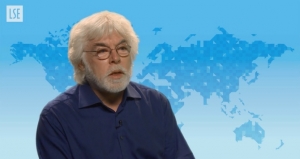 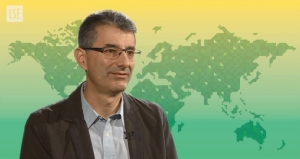 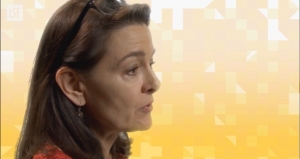 |


